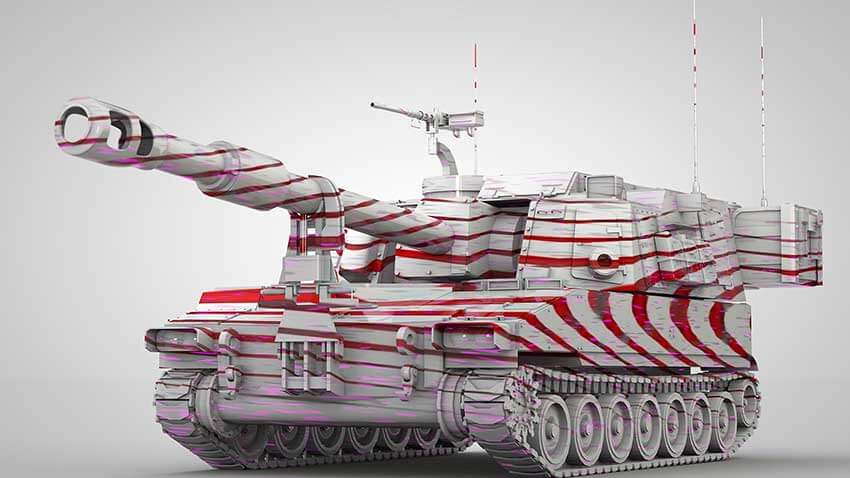Text by CLOT Magazine

The 7th edition of TEC ART takes place during the Art Rotterdam Week from 5th until 9th February 2020. With an exciting program led by international and young Dutch artists, electronic music, creative technology and a spectacular cyberpunk arena, the festival aims to challenge Quantum Supremacy, a technological breakthrough that paves the way for supercomputers that are fast and powerful beyond comprehension. Will it become a dream or a nightmare? they ask.
Ben Grosser and Frederik de Wilde are participating in this year’s edition, among many others like Beeple-Crap, Markos Kay, Roos Groothuizen, Cyanne van den Houten, Maartje Dijkstra, Zjuul Wiersema, Annemiek Höcker, Lynn Somers, Julie Lapard, Julian Peschel, and Telemagic.
The practice of interdisciplinary artist Frederik de Wilde is centred on notions of the inaudible, intangible and invisible. By setting up an innovative tabletop experiment with entangled photons they [scientists from the National University in Australia from the Quantum teleportation, encryption and communication lab] were able to tap and listen to the quantum vacuum and more specific quantum fluctuations or noise. These real-time measurements were then used as raw data transferred over the internet to generate pretty complex shapes in a 3D environment from custom made software. I translated the digital 3d model via 3d printing into something palpable, made a mould and poured it into concrete. I think that very poetic, no? Turning the most ephemeral, fleeting and invisible in the Universe into concrete! I could even argue is the most ancient artefact ever found and made. During an interview last year, De Wilde told CLOT Magazine about how he crafts and constructs the intangible.
For TEC ART 2020, he’s presenting Deep Neural Paintings, an exploration of how AI’s such as Deep Neural Networks, SEE the world. De Wilde aims to develop a contemporary version of Razzle Dazzle – a camouflage technique dating back to WWI – to reveal how easy it is to fool AI/DNN-driven machines such as drones by messing up their labelling and metadata system.
Ben Grosser is an artist working at the crossroads of art and activism. He explores the far-reaching cultural, social and political effects of software. Why are we worried when we see a physically-embodied AI-controlled software system making a painting but not so worried when we see non-physically-embodied AI-controlled software systems (such as Google or Facebook) reconfiguring how we find information or with whom we call a “friend?”, Grosser reflects about how technologies such as Google Magenta, Google’s IAM or AI-generated software are going to impact in our future societies.
He’s presenting his latest film, Order of Magnitude. The film is a supercut of all recorded public appearances of Mark Zuckerberg from 2004 until now. In all these years, one thing hasn’t changed: Zuckerberg’s preference for the words ‘more’, ‘grow’, and metrics such as ‘2 million’ or ‘1 billion’.






